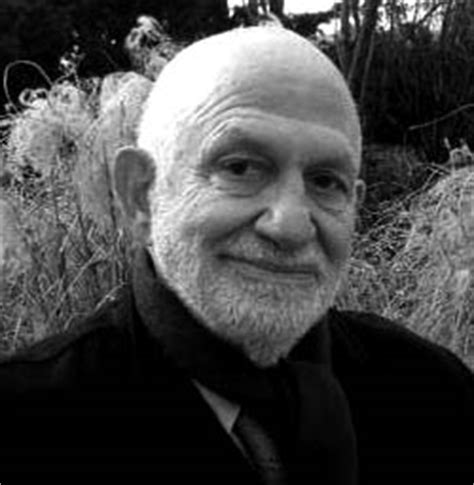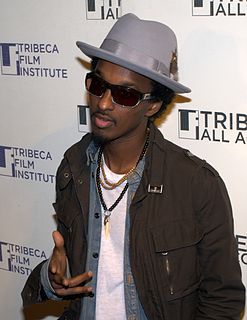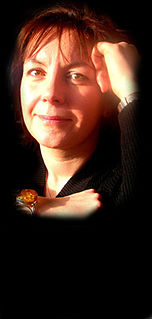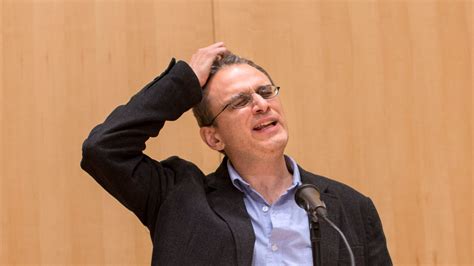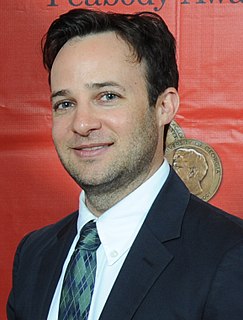A Quote by Stanton Peele
Addiction is more malleable than you know. When people come to me for therapy, they often ask me whether their behavior constitutes a real addiction (or whether they are really alcoholic, etc.). My answer is that this is not the important question. The important questions are how many problems is the involvement causing you, how much do you want to change it, and how can we go about change?
Related Quotes
Once and for all, people must understand that addiction is a disease. It’s critical if we’re going to effectively prevent and treat addiction. Accepting that addiction is an illness will transform our approach to public policy, research, insurance, and criminality; it will change how we feel about addicts, and how they feel about themselves. There’s another essential reason why we must understand that addiction is an illness and not just bad behavior: We punish bad behavior. We treat illness.
Maybe the truth does not matter, but I want to know it if only so that I can come to some conclusions about such questions as: whether he is angry with me or not; if he is, then how angry; whether he still loves me or not; if he does, then how much; whether he loves me or not; how much; how capable he is of deceiving me in the act and after the act in the telling.
It's not a matter of how much you know or can define, or how many millions of mantras or thousands of prostrations you have done, or how many months of wangs you've attended. The important thing is whether or not the mind is really changing, whether our negative emotions are really coming under control, whether we are really beginning to understand ourselves, whether our mind is really improving, and whether in our hearts there is genuine love and caring for other people.
I believe there need to be women visual in our every day landscape, working hard and doing their own thing, whether you like it or not, whether it's acceptable or not...I especially hope to inspire young women because often I feel like so much emphasis is put on how beautiful you are, and how thin you are, and not a lot of emphasis is put on what you can do and how smart you are. I'd like to change that, change the emphasis of what's important when looking at a woman.
I know that often times a lot of people who work in music, whether they be labels and so on or even artists, want personal recognition. We want to be recognized for something, for what we did. I'd rather my song be recognized for what it's doing and that's important. It's not so important how many people know me.
Climate change that is occurring right now is causing so much suffering all around the world. Whether it's adding 30 million people to the "at risk of starvation" list in 2008, whether it's the floods in Pakistan, or entire cultures at risk of disappearing, or desertification in Africa - all these things that are currently being caused by climate change. I think it's something that a lot of people want to figure out: how to make the shift, how to help. It seems like such an overwhelming problem.
So many writers come to class with one question dominant in their mind, 'How do I make a living from this?' It's a fair enough question and one I always try to answer well- but it saddens me that it so often overshadows the more relevant questions of 'why am I writing' and 'what am I saying' and 'how do I keep it honest.
Don’t ask me those questions! Don’t ask me what life means or how we know reality or why we have to suffer so much. Don’t talk about how nothing feels real, how everything is coated with gelatin and shining like oil in the sun. I don’t want to hear about the tiger in the corner or the Angel of Death or the phone calls from John the Baptist.
There's no doubt about it: fun people are fun. But I finally learned that there is something more important, in the people you know, than whether they are fun. Thinking about those friends who had given me so much pleasure but who had also caused me so much pain, thinking about that bright, cruel world to which they'd introduced me, I saw that there's a better way to value people. Not as fun or not fun, or stylish or not stylish, but as warm or cold, generous or selfish. People who think about others and people who don't. People who know how to listen, and people who only know how to talk.
The mathematical question is "Why?" It's always why. And the only way we know how to answer such questions is to come up, from scratch, with these narrative arguments that explain it. So what I want to do with this book is open up this world of mathematical reality, the creatures that we build there, the questions that we ask there, the ways in which we poke and prod (known as problems), and how we can possibly craft these elegant reason-poems.
Science tries to answer the question: "How?" How do cells act in the body? How do you design an airplane that will fly faster thansound? How is a molecule of insulin constructed? Religion, by contrast, tries to answer the question: "Why?" Why was man created? Why ought I to tell the truth? Why must there be sorrow or pain or death? Science attempts to analyze how things and people and animals behave; it has no concern whether this behavior is good or bad, is purposeful or not. But religion is precisely the quest for such answers: whether an act is right or wrong, good or bad, and why.
In the case of Game Change, the discussion in that film was how our politicians have become so much like celebrities - personality becomes more important than substance so that they can function in a 24-hour news cycle. So the question is, how do you feel about that? Is this what you want from a politician - somebody who's wildly charismatic, but has so little knowledge of substantive issues?
